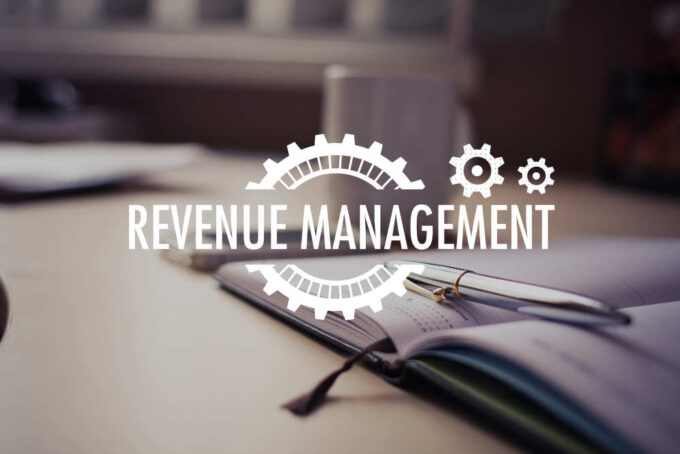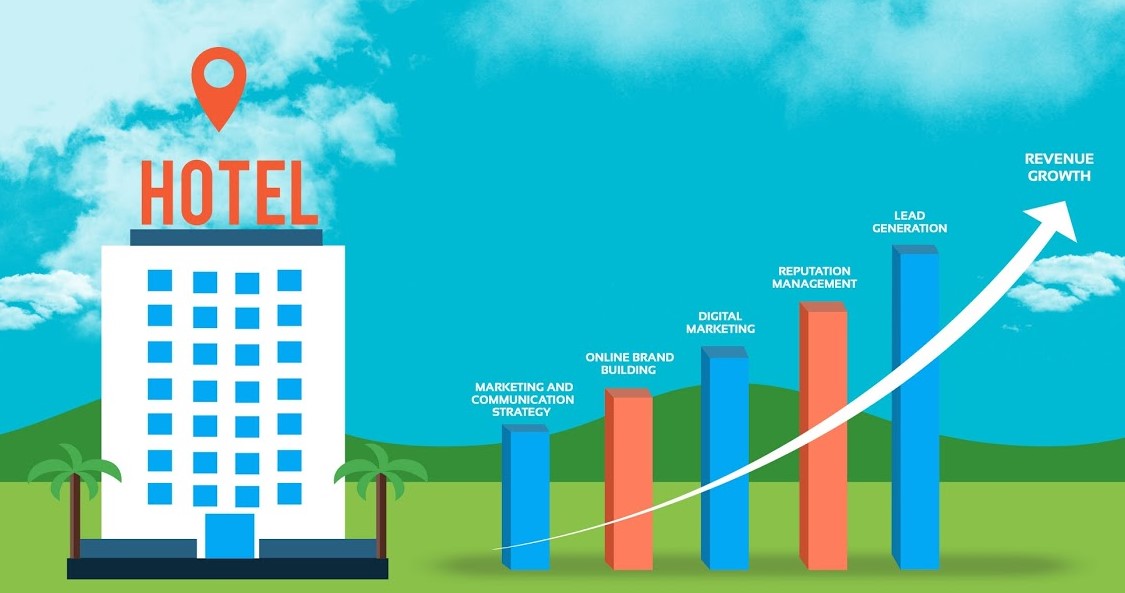A solid revenue management plan is vital for hotel owners trying to expand their business, as it aids in the improvement of business results. Yet, many smaller techniques can serve to enable growth under the greater revenue management umbrella. Inside this article, you’ll learn about 8 revenue management tactics that operators can use to attain their ultimate goal.
What is meant by Revenue Management?

Income management is a prominent idea in the hotel sector and is used to maximize revenue to improve a hotel or resort’s financial outcomes. The goal behind this is to sell the ideal hotel suite to the right client, at the right moment, for the right cost, through the right channel, and at the lowest possible cost.
Usually, organizations must make good use of productivity data and analytics to forecast demand, build a dynamic pricing strategy, and maximize the amount of income generated. For more information on this, you can reach out to Book4Time.
While revenue management is relevant to different industries, it is particularly important in the hospitality industry due to the perishable items, fixed costs, and fluctuating demands of the consumers. Revenue management is crucial because it removes the element of chance from key price decisions.
8 Revenue-Generation Strategies
Here is a list of 8 revenue management tactics that operators can apply to expand their business.
1. Get to Know Your Market

To adopt an effective revenue management strategy, you must have a thorough grasp of your industry, and the various local elements that may influence consumer needs. You must also be mindful of your target audience’s needs, desires, and hopes.
Further, you must grasp the market’s competitors and make effective decisions about price, offers, and marketing while keeping this competitiveness in mind. Remember that this competition isn’t always visible, and it’s not necessarily in the same area as your hotel.
2. Price Optimization and Classification
Offering the correct area to the right people at the right price means dividing your customer base properly. To do so, you must first identify different ‘kinds’ of clients, then examine these sectors and assess when and how they buy hotel rooms or accommodations, as well as other routines.
Once you do this, you’ll be able to optimize prices for those various segments. One of the major benefits is that after pricing has been optimized for a specific group, price rises can be reduced. This can help to build customer loyalty among people who value the price stability you provide.
3. Collaborate with other divisions closely
Following that, it’s critical to establish strong cooperation across different hotel departments, like marketing and sales, to verify that your revenue management goals and their specific departmental goals are in sync, and how you can jointly solve issues.
Find and get on board important divisional decision-makers. Rather than forcing your will, which may be greeted with hostility, work with them to create changes to your revenue management tactics. Joint work will also guarantee that your messaging to clients and customers are constantly clear.
4. Forecasting Techniques

Forecasting is among the most key aspects of revenue management since it helps you to predict future demands and income and make required adjustments. Good records, such as capacity, hotel rates, and income, are required for high-quality forecasts in the hospitality sector.
To recognize trends, most forecasting systems rely largely on past data. For instance, if the business has increased in the previous three Julys, it is reasonable to expect the same to happen next time. Predicting, on the other hand, needs knowledge about current orders, competition performance, fests, and market trends.
5. Use Search Engine Optimization (SEO) to your advantage

Search engines are one of the most essential ways for hotel owners to draw clients, thus SEO is a crucial aspect of a successful revenue management strategy. Hoteliers can boost their online performance on search results pages by using SEO.
As a result, you can increase your chances of helping the business from clients who aren’t looking for your hotel directly but are looking for a hotel in your area. To achieve this, you should create a robust content marketing plan and make sure your website’s layout is SEO-friendly.
6. Select the Appropriate Pricing Strategy
There are various pricing options to choose from, and no single plan can ensure success. Instead, hoteliers must examine the correct plan for their specific hotel, relying on what they have to serve, who they will be hoping to entice, and what approach their rivals are taking.
Once your hotel has much to serve than your competitors, a competitive pricing strategy, in which rates are based entirely on other hotels’ rates, puts your firm in direct combat. In slow periods, however, a discount plan may be the best option, as a low-paying client is preferable to an empty room.
7. Reward Programs for Direct Bookings

When it’s necessary to support all sales channels and deal with customers where they are, instead of where you would like them to be, it’s also wise to aim to increase the number of direct bookings.
The main reason for this is that direct bookings do not involve royalty payments to 3rd parties, making them great for raising revenue. One idea is to provide clients who book directly via your website a chance to earn, such as reward points or gifts.
8. Pay special attention to mobile optimization

Mobile is now one of the most essential income streams for individuals in the hotel sector. As a result, every hotel or resort that does not target mobile optimization already has a competitive market deficit over its competitors.
Ensure that your website is mobile-friendly, which means it loads faster, the pages appear correctly on mobile devices, and all buttons work. Moreover, you must make sure that your booking procedure is optimized so that consumers may book rooms directly from their mobile phone, rather than having to move to a desktop computer.
The Bottom Line
For optimizing revenue and supporting growth, the idea of selling the appropriate hotel suite to the right consumer, at the right time, for the right cost, through the right channel is essential. Managers in the hotel industry can increase their chances of attaining this by using the eight revenue management tactics listed above.






